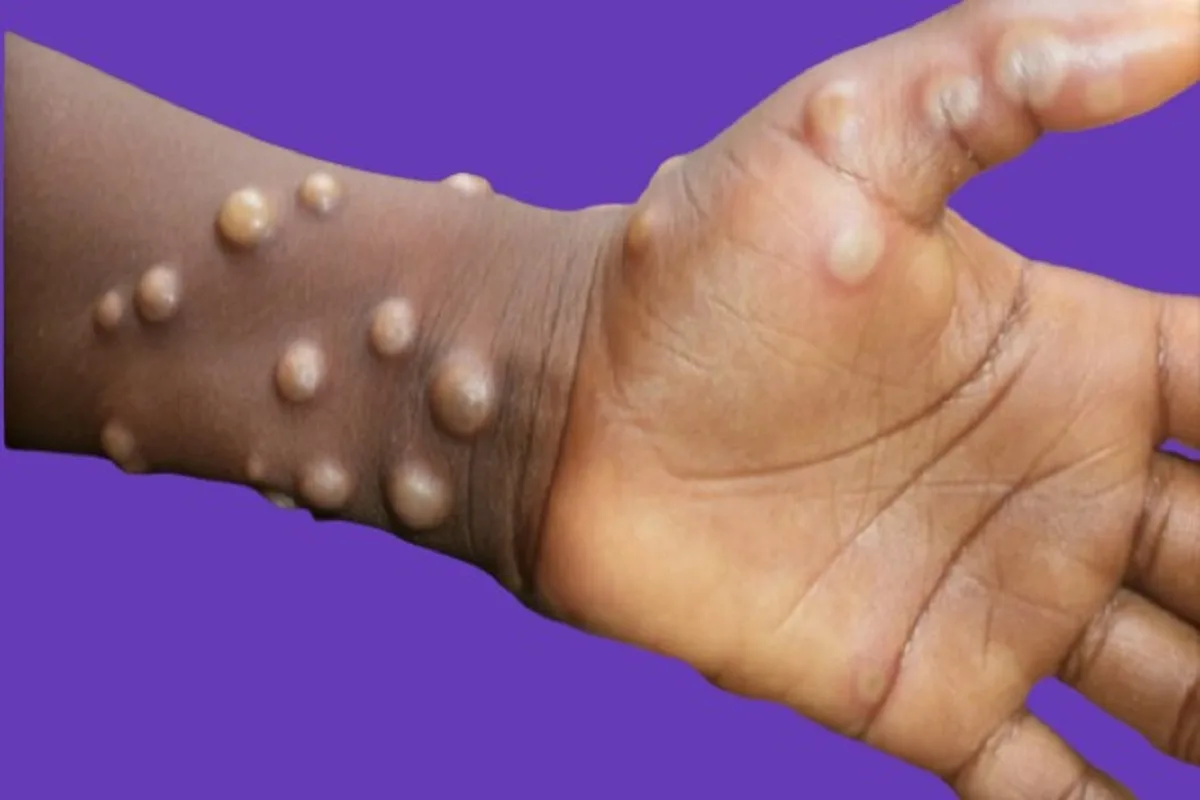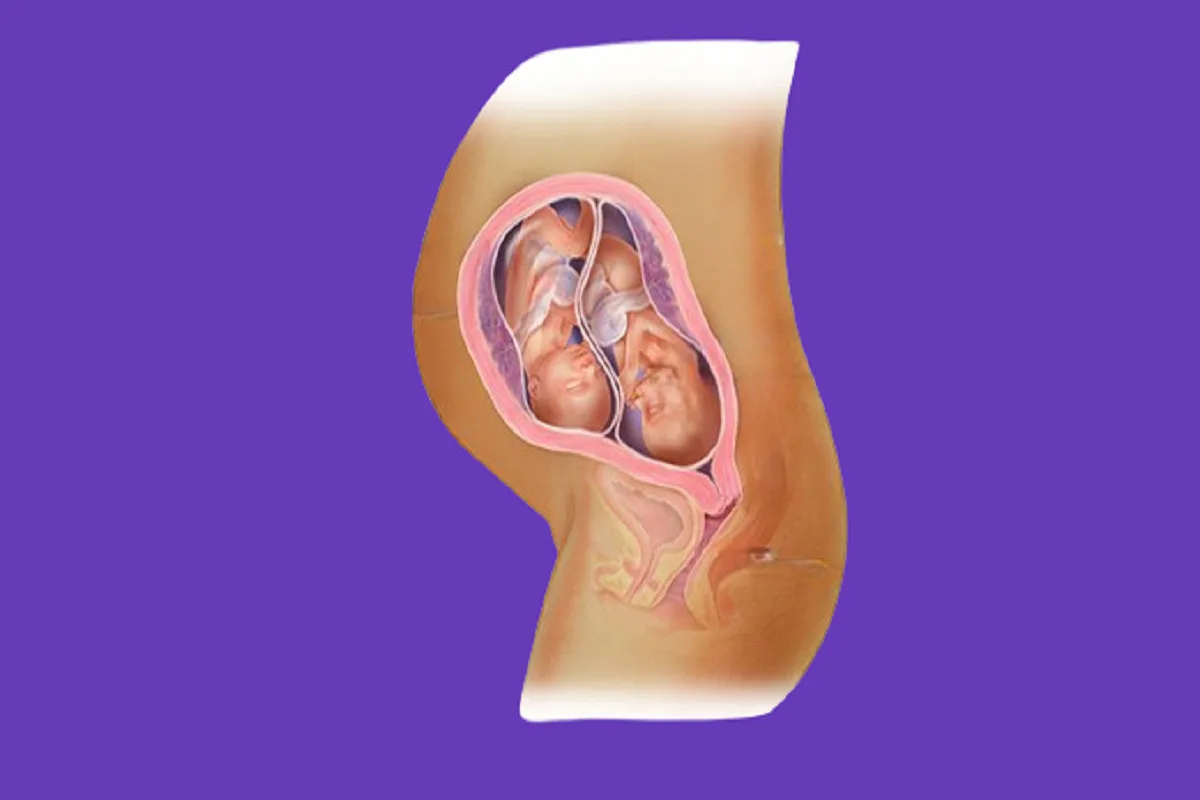Positive Effects:
- Oral Health:
- Stimulates Saliva Production: Chewing gum stimulates the production of saliva, which helps neutralize acids in the mouth, wash away bacteria, and prevent tooth decay.
- Reduces Dry Mouth: Chewing gum can be beneficial for individuals with dry mouth, as it promotes saliva flow, aiding in maintaining oral moisture.
- Cognitive Benefits:
- Improved Focus: Some studies suggest that chewing gum may enhance cognitive functions such as memory, attention, and alertness.
- Appetite Control:
- Weight Management: Chewing gum, especially sugar-free varieties, can be used as a low-calorie option to manage cravings and reduce overall calorie intake.
Negative Effects:
- Dental Issues:
- Sugar Content: Chewing gums with high sugar content can contribute to tooth decay and cavities.
- Jaw Discomfort: Excessive gum chewing, especially with intense jaw movements, can lead to jaw discomfort and temporomandibular joint (TMJ) issues.
- Digestive Problems:
- Swallowing Air: Chewing gum can lead to swallowing excess air, potentially causing bloating and digestive discomfort.
- Ingredients:
- Artificial Sweeteners: Some sugar-free gums contain artificial sweeteners, which may cause digestive issues or allergies in some individuals.
- Additives: Check for additives and preservatives in gum, as they might have potential health concerns.
- Jaw Muscle Fatigue:
- Overuse Strain: Excessive gum chewing can lead to fatigue and strain on the jaw muscles, potentially causing discomfort.
- TMJ Issues:
- Temporomandibular Joint Disorders: Continuous and vigorous chewing may contribute to TMJ disorders in susceptible individuals.
Tips for Healthy Gum Chewing:
- Choose Sugar-Free: Opt for sugar-free gum to minimize the risk of tooth decay.
- Moderation: Chew gum in moderation to avoid overuse and potential negative effects on the jaw.
- Oral Care: Use gum as a supplement, not a replacement, for regular oral care practices such as brushing and flossing.
- Avoid Artificial Additives: Choose gum with natural ingredients and avoid those with excessive artificial additives.
It’s important to note that individual responses to chewing gum may vary, and consulting with a dentist or healthcare professional can provide personalized advice based on specific health considerations.

































